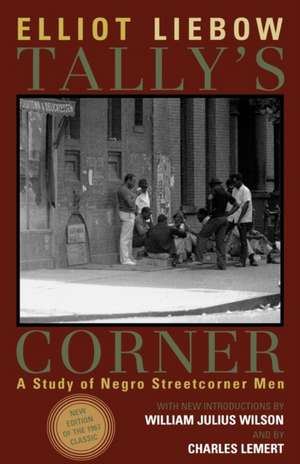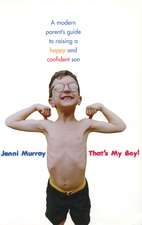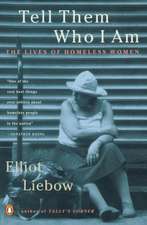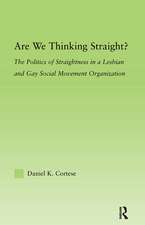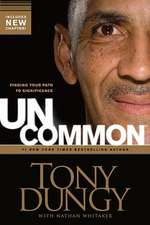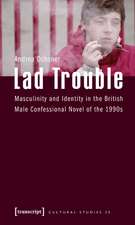Tally's Corner: Legacies of Social Thought Series
Autor Elliot Liebowen Limba Engleză Paperback – 8 iul 2003
Din seria Legacies of Social Thought Series
-
 Preț: 274.74 lei
Preț: 274.74 lei -
 Preț: 347.10 lei
Preț: 347.10 lei -
 Preț: 405.50 lei
Preț: 405.50 lei -
 Preț: 482.94 lei
Preț: 482.94 lei - 23%
 Preț: 457.38 lei
Preț: 457.38 lei -
 Preț: 421.37 lei
Preț: 421.37 lei -
 Preț: 480.27 lei
Preț: 480.27 lei
Preț: 247.66 lei
Nou
Puncte Express: 371
Preț estimativ în valută:
47.39€ • 49.36$ • 39.51£
47.39€ • 49.36$ • 39.51£
Carte tipărită la comandă
Livrare economică 28 martie-11 aprilie
Preluare comenzi: 021 569.72.76
Specificații
ISBN-13: 9780742528963
ISBN-10: 0742528960
Pagini: 224
Dimensiuni: 137 x 216 x 18 mm
Greutate: 0.27 kg
Ediția:New.
Editura: Rowman & Littlefield
Seria Legacies of Social Thought Series
ISBN-10: 0742528960
Pagini: 224
Dimensiuni: 137 x 216 x 18 mm
Greutate: 0.27 kg
Ediția:New.
Editura: Rowman & Littlefield
Seria Legacies of Social Thought Series
Notă biografică
Descriere
The first edition of Tally's Corner, a sociological classic, was the first compelling response to the culture of poverty thesis-that the poor are different and, according to conservatives, morally inferior-and alternative explanations that many African Americans are caught in a tangle of pathology owing to the absence of black men in families.
